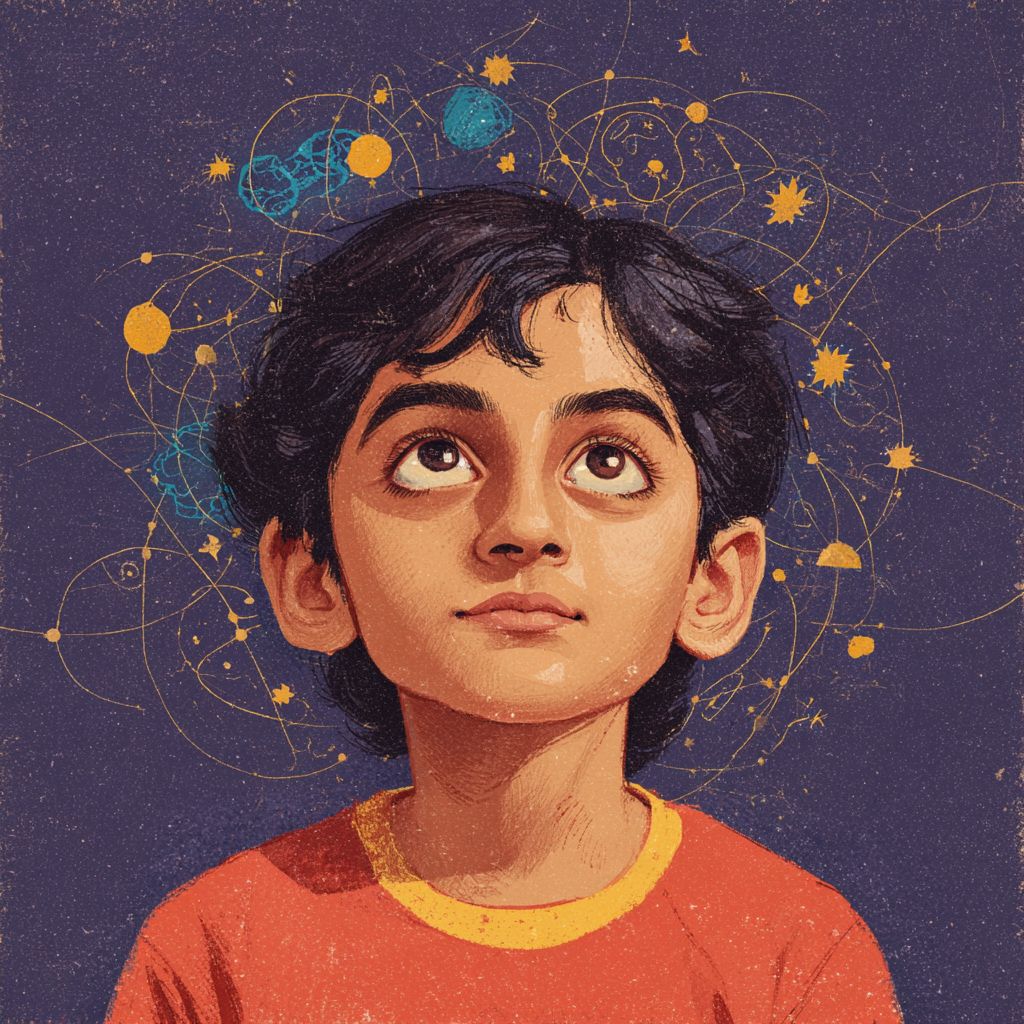Our children’s world will not simply ask for knowledge, it will ask for the wisdom to use it well.

The future is arriving faster than we can finish saying the word “future.” The World Economic Forum’s Future of Jobs Report 2025 is a quiet wake-up call. Analytical thinking now tops the list of must-have abilities for the next decade, valued by 70% of global employers. Creativity, resilience, agility, they’re not “bonus skills” anymore; they’re the architecture of tomorrow’s work. And with 4 in 10 core skills expected to change by 2030, the message is clear.
The data tells an encouraging story. Across OECD nations, creativity isn’t at odds with academic achievement, it fuels it. Students who think creatively also score higher in maths and reading. Singapore’s top global ranking proves that when we teach creativity deliberately, it pays off. UNESCO’s 2024 AI competency frameworks echo the same truth. In a world of algorithms, our greatest leverage comes not from mimicking machines but from asking the questions they cannot.
Seeding the mindset

We are shifting from an age of “doers” to an era of designers of ideas. People who can shape the problem before solving it, who can hold logic and empathy in the same frame, who can build with both hands and conscience. That shift begins long before résumés and job interviews; it begins in homes, classrooms, and the spaces in between.
Projects over worksheets. When children create something that moves, lights up, or responds, abstract logic becomes tangible. An Arduino kit, LEGO robotics, or even a cardboard-and-motors invention can teach variables, loops, and cause-effect more vividly than any printed worksheet.
Balance the bots. Generative AI is a remarkable partner, but a poor replacement for human effort. Let it challenge your child’s ideas rather than complete them. Ask it to point out three flaws in a design or to suggest alternative approaches, so that technology sharpens their thinking instead of dulling it.
Entrepreneurial habits. The muscles of a founder, iteration, storytelling, resilience, can grow at any age. A family “pop-up stall,” a local maker fair, or even a weekly design ritual (“What bugged you this week?” → define → prototype → pitch at dinner) teaches problem-finding as much as problem-solving. A final reflection, “What surprised me?,” becomes a small but powerful act of metacognition.
The quiet revolution at home

Parenting in the age of AI isn’t about building walls around technology. It’s about raising children who can see beyond it, shaping tools to serve human needs and not the other way around. If they can think critically, create bravely, and carry an ethical compass, they won’t just adapt to the world ahead.
They’ll design it.
Loved this? There’s more brewing every week. ☕
